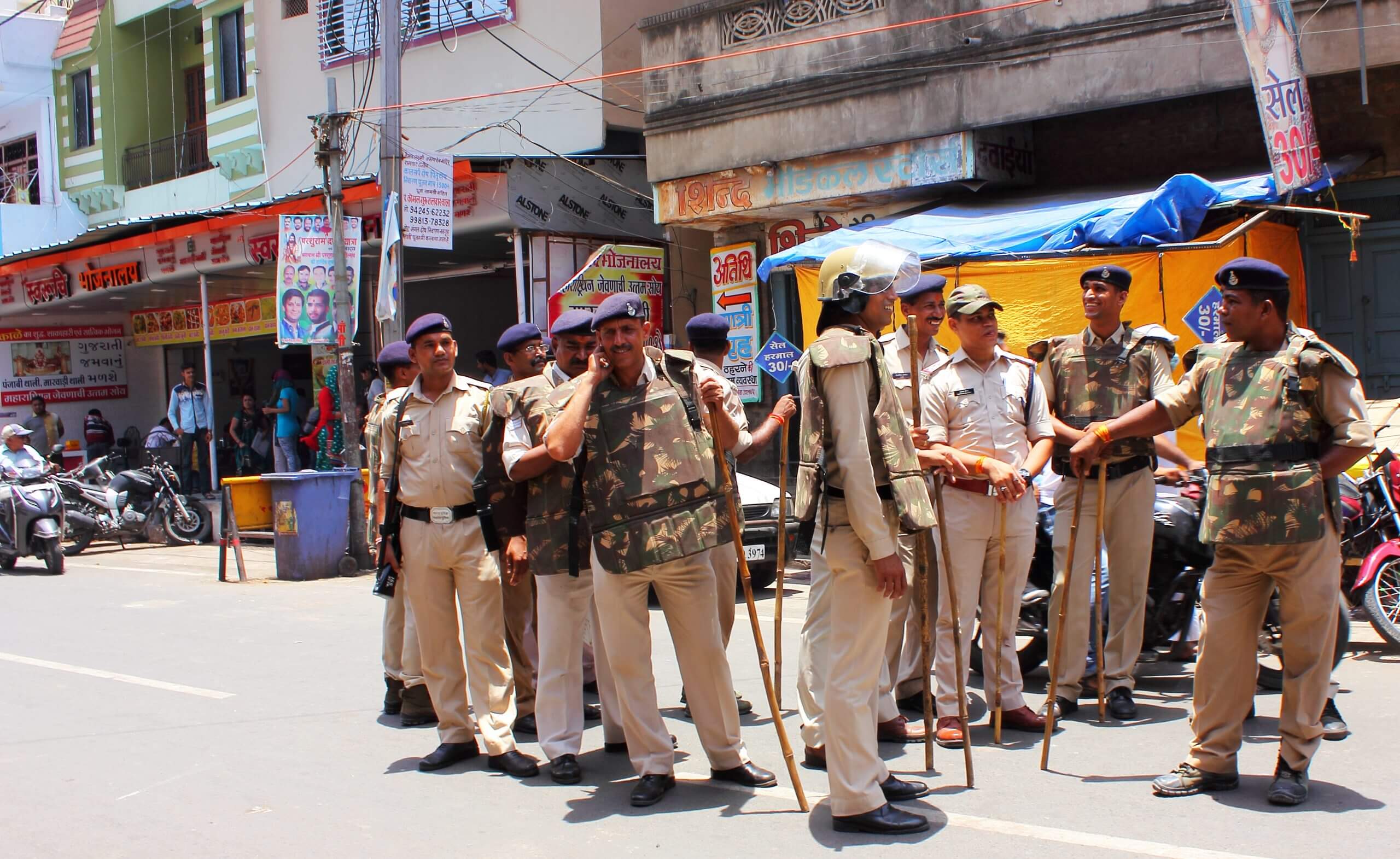
Police Reforms and National Security
Mon, 01 Mar 2021 | Reading Time: 4 minutes

It is a great irony that while we are capable of sending a mission to Mars, can launch intercontinental ballistic missiles and are a formidable IT power, we are yet saddled with a police which is feudal in outlook and archaic in its day-to-day functioning. The National Police Commission worked out a blueprint for police reforms in the country and submitted a comprehensive report in eight volumes (1979- 81), but its recommendations unfortunately got no more than cosmetic treatment at the hands of government. Subsequently, public interest litigation on the subject was filed in 1996 before the Supreme Court. After prolonged deliberations lasting over a decade, the Court gave a historic judgement on September 22, 2006.
The Supreme Court gave six directions to the state governments and one to the central government. These directions sought to insulate the police from extraneous pressures, prescribed a procedure for the appointment of Director General of Police which would ensure that only the most competent officer was elevated to the top job, gave fixed tenure to all officers on operational assignments, ordered separation of investigation from law and order duties in metropolitan towns, gave autonomy to police officers in personnel matters, and set up Complaints Authorities at the state and district levels to enhance the accountability of police. Fourteen years have elapsed since then but there has been very little change in the ground situation essentially because neither the central nor the state governments have shown sincerity in implementing the judicial directions. Eighteen states have passed Acts, but these violate the letter and spirit of the Court‘s directions; the remaining states have passed executive orders which are also contrary to the directions of the Apex Court.
Police reforms, it needs to be clarified, cover a much wider spectrum. The Supreme Court’s directions no doubt touch the core of police functioning, but no less important are matters relating to shortage of manpower, improvement in infrastructure, registration of cases, better forensic support, housing facilities, upgradation of training facilities, greater introduction of technology, etc. The Ruler’s Police must transform into People’s Police.
Police reforms have a direct bearing on national security. The most formidable security problems that we have today are of terrorism, both from within and outside the country, multiple insurgencies in the north-east, separatist movements in Jammu and Kashmir and Naxal violence across the states in Central India. The police are the first responders in all these situations. If and when there is a terrorist outrage, the local police are expected to reach the spot immediately. Units of state CID and central investigating agencies, which are also specialized police units, develop on the initial efforts of the local police. The state police and the central armed police forces are facing the brunt of insurgencies in the north-east. They are in the forefront of the battle against separatist elements in Jammu and Kashmir. The police are also in the vanguard of the operations against the Maoist Liberation Army. In the process, according to latest estimates, 35,398 police personnel have died in the performance of their duties till August 31, 2020 since independence, battling terrorists, extremists, separatists and insurgents of various hues in different theatres across the country. The main reasons why these problems continue to fester is because we have not been able to modernise our police forces and insulate them from extraneous pressures. The Comptroller and Auditor General (CAG) has highlighted lapses in the implementation of the modernization scheme in various states.
The police have problem even in maintaining routine law and order. They are under-staffed, under-equipped and under-resourced. According to the Status of Policing in India Report 2019, the police in India work at 77% of its sanctioned strength and these personnel are on duty for 14 hours a day on an average. Training of personnel is abysmal; only 6.4 percent of the force was given in-service training during the last five years. Infrastructure is poor; 70 police stations have no wireless devices, 214 police stations have no access to telephones, and 24 police stations have neither wireless nor telephones. Housing facilities are unsatisfactory. Technology support leaves much to be desired.
The democratic structure is getting corroded from within in the absence of electoral and police reforms. The number of persons with questionable background entering the parliament and the legislatures has been steadily going up. It was it was 24% in 2004, increased to 30% in 2009, went up to 34% in 2014, and currently stands at 43%. It is an alarming figure. We cannot depend upon such persons, most of whom have criminal background, to place national interests above regional or caste considerations. Besides, it presents a serious dilemma for the police insofar as the law enforcement officers are forced to salute and protect persons whom, given the opportunity, they would like to put behind bars.
Economic strength is absolutely essential for comprehensive national power. However, we can have sustained economic progress only in an environment where there is good law and order. The state of law and order in the country is far from satisfactory. Communal riots, caste conflicts, labour agitations, organized crimes like drug trafficking and money laundering, farmers’ agitations, lawyers’ strikes, etc. keep on happening in the country. On top of that, there are inter-state disputes. According to the data released by the Institute for Economics and Peace (IEP) in 2020, India lost about $ 568 billion (Rs39 lakh crore), which is about 5% of the country’s GDP, as a result of terrorist and other acts of violence in different kinds of conflicts. This is a huge drain on the country’s economy, which ultimately has an adverse impact on the country’s national security. As rightly observed in the Status of Policing in India Report, 2019, “India’s future as a democracy and an economic powerhouse cannot be secured by an obsolete criminal justice system”.
Thus, viewed from any angle – whether it is enforcing law and order in its day to day functions, combating the formidable internal security challenges, ensuring a healthy democratic set up in the country or providing the right environment for economic progress – there is no getting away from having a professional police committed to upholding the Constitution and the Rule of Law. Police reforms are a sine qua non for India’s national security and for it to become a progressive, modern nation.
*******************************************************************************
Author

Shri Prakash Singh was DGP of Uttar Pradesh and Assam, and also Director General of the Border Security Force. The Government of India, in recognition of his contribution to national security, awarded him Padmashri in 1991. Prakash Singh is also the architect of Police Reforms in the country.
Disclaimer
The opinions expressed in this article are the author’s own and do not reflect the views of Chanakya Forum. All information provided in this article including timeliness, completeness, accuracy, suitability or validity of information referenced therein, is the sole responsibility of the author. www.chanakyaforum.com does not assume any responsibility for the same.
Chanakya Forum is now on . Click here to join our channel (@ChanakyaForum) and stay updated with the latest headlines and articles.
Important
We work round the clock to bring you the finest articles and updates from around the world. There is a team that works tirelessly to ensure that you have a seamless reading experience. But all this costs money. Please support us so that we keep doing what we do best. Happy Reading
Support Us





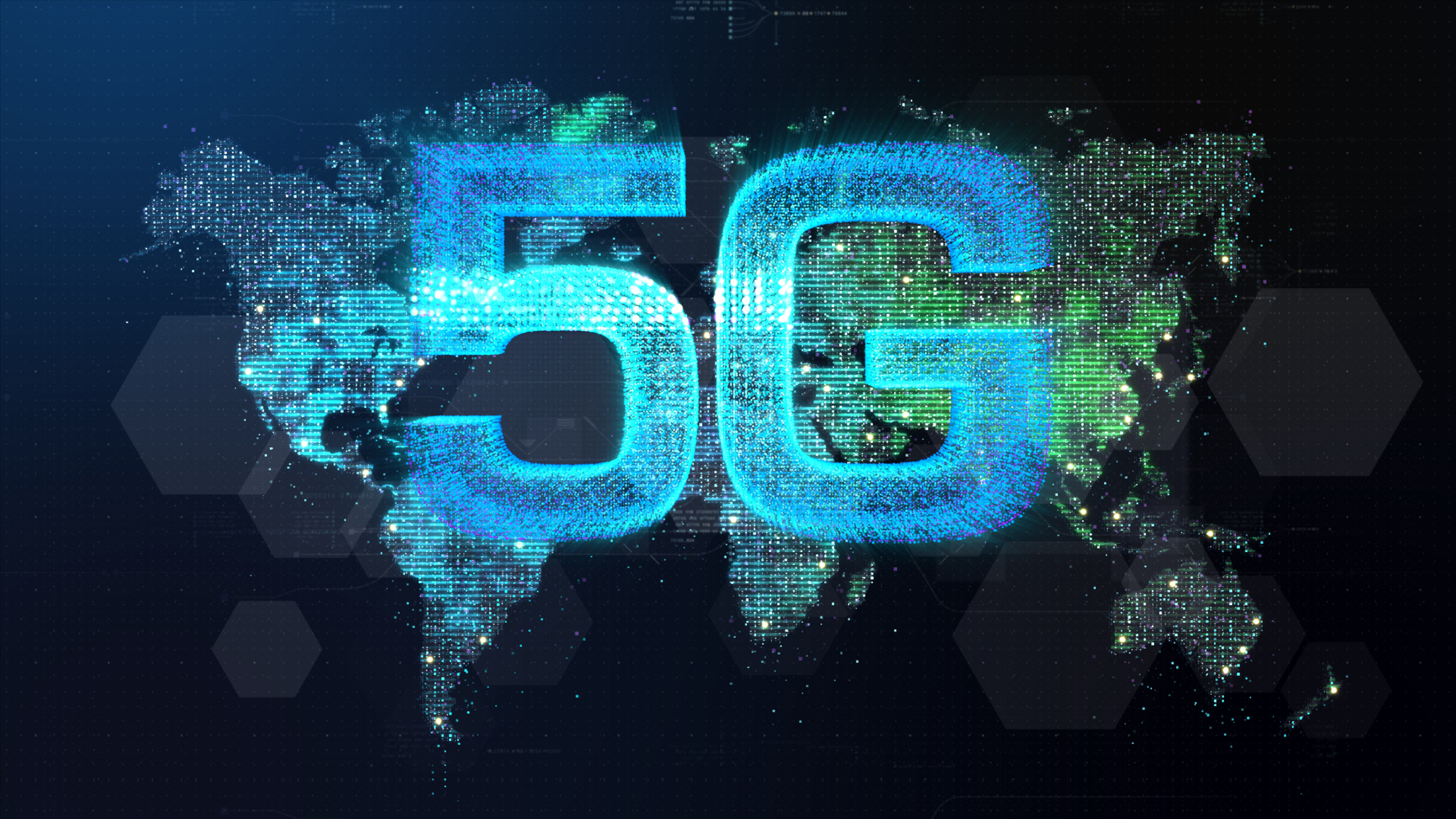
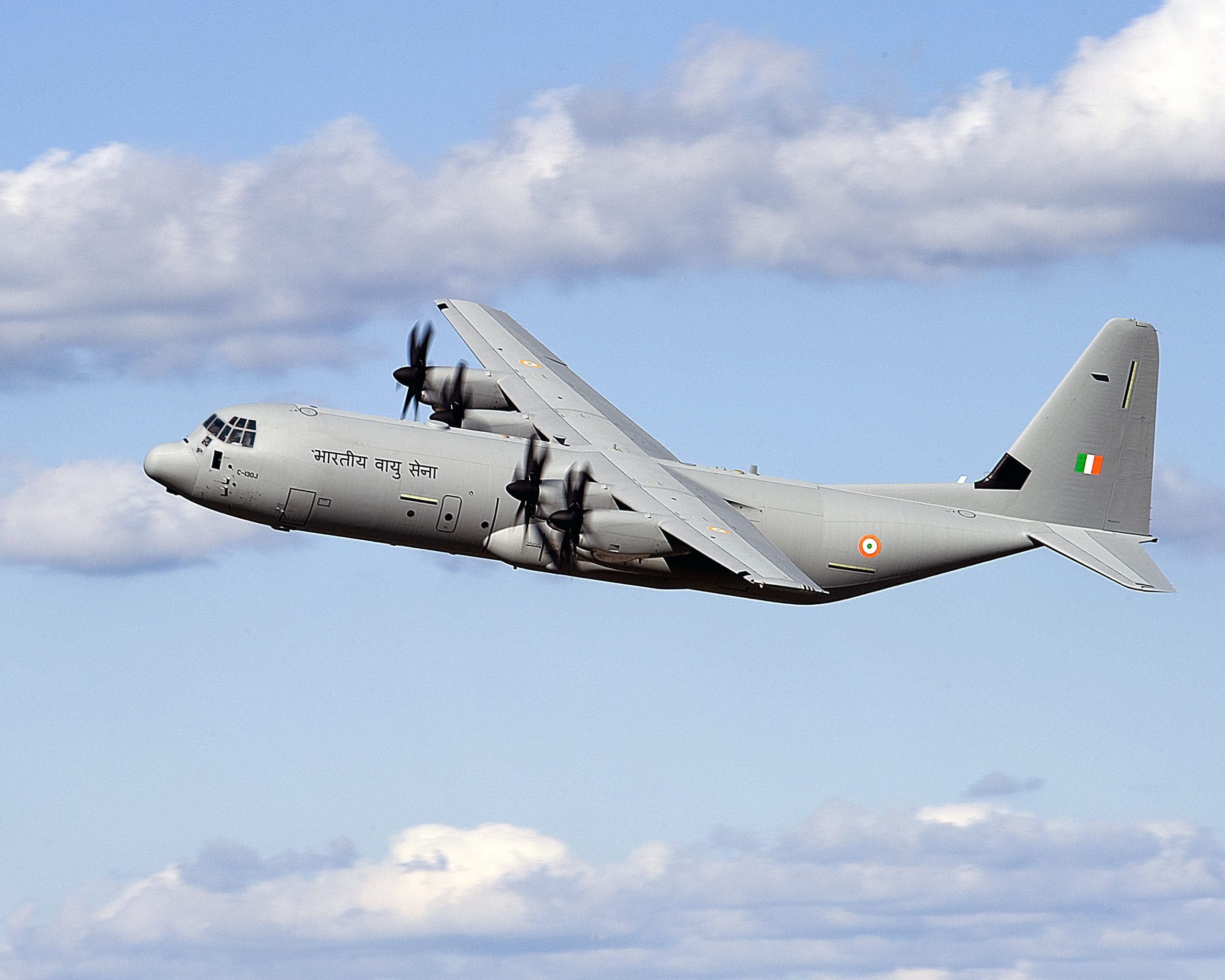

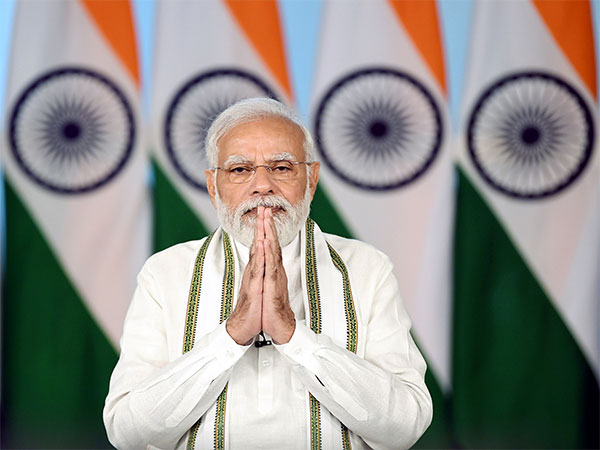
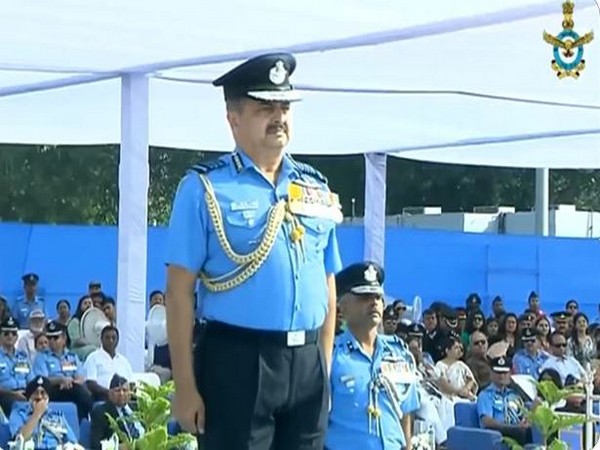
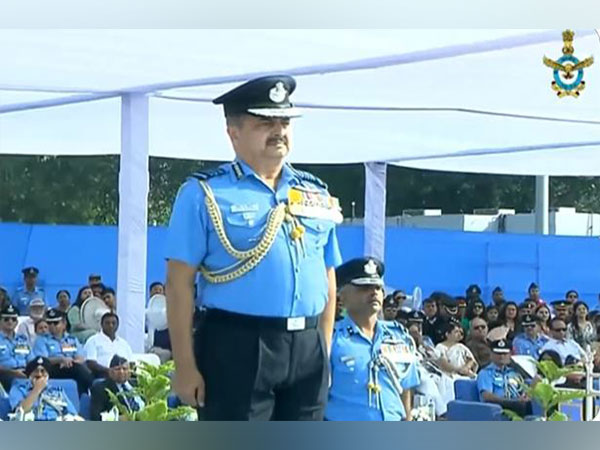

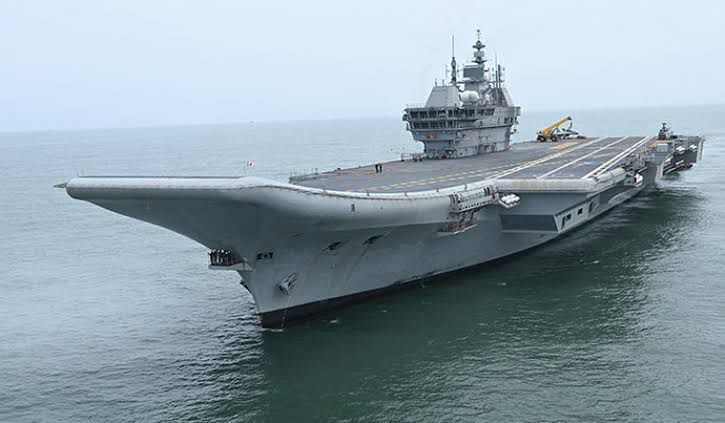







POST COMMENTS (3)
S S Vaidyanathan
Diljit Shah
Vipul kumar